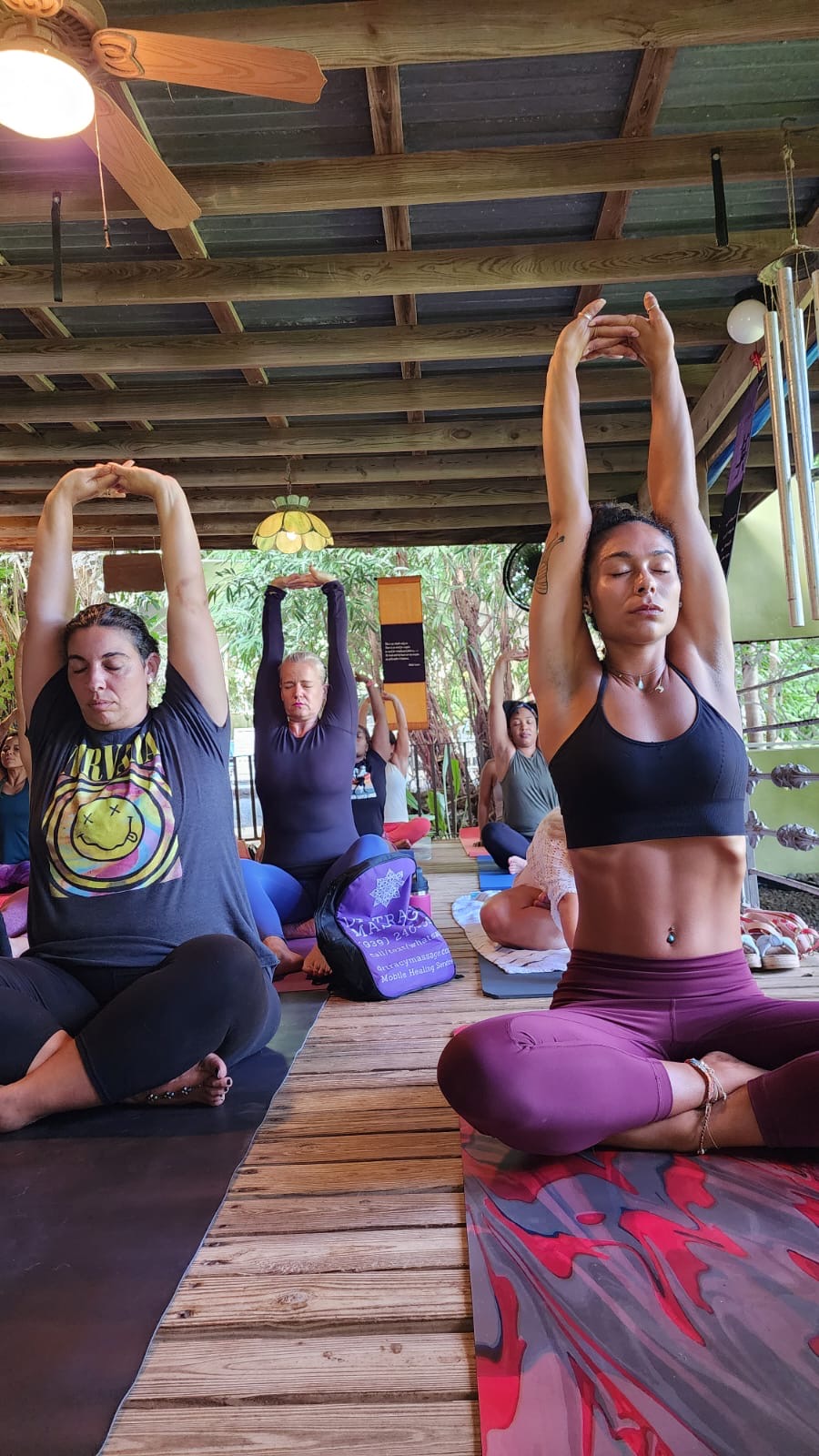In the intricate dance of life, where challenges and changes are constant companions, mental resilience stands as a beacon of strength, guiding us through tumultuous waters. Amidst the myriad of pathways to fortify this inner resilience, one practice stands out, seamlessly intertwining the physical with the mental: Yoga. This ancient discipline, with its roots deeply embedded in holistic well-being, extends far beyond physical flexibility and strength, casting a profound impact on mental fortitude and clarity. The journey from the yoga mat to a resilient mind is both transformative and enlightening.
Yoga, an art as ancient as time itself, offers more than just a series of postures; it’s a holistic journey. Each asana (pose) is a step towards self-discovery, a mirror reflecting the intricate connection between body and mind. As practitioners move, stretch, and hold poses, they are not just enhancing their physical flexibility but are also weaving the fabric of mental resilience. The physical discipline required to maintain each asana becomes a metaphor for the mental strength needed to face life’s adversities.
Central to the practice of yoga is the art of controlled breathing, or Pranayama. This isn’t merely about taking deep breaths; it’s about mastering the life force that courses through us. Through various breathing techniques, practitioners learn to regulate their internal rhythms. This control brings a profound sense of calm and focus, equipping individuals with the ability to remain centered in the face of stress and upheaval. Each breath becomes a lesson in patience and endurance, key components of mental resilience.
Integral to the fabric of yoga is the practice of meditation or Dhyana. It’s in the silent communion of meditation that the waves of the mind are stilled. As practitioners focus on their breath, a mantra, or the simple act of being, the incessant chatter of the mind begins to quiet. This stillness paves the way to an inner fortress, a sanctuary of peace and strength from which one can observe life’s dramas without being swept away by them.
The impact of yoga transcends the boundaries of the mat. It’s about embracing a lifestyle of mindfulness and presence, where the awareness cultivated during practice permeates every aspect of daily life. Yoga teaches us to approach our tasks, interactions, and even our thoughts with a sense of mindfulness. This heightened awareness enables us to recognize our patterns of reactivity, pause before reacting, and choose responses that align with our inner equilibrium. In doing so, yoga transforms everyday moments into opportunities for resilience-building, making mindfulness the very fabric of our mental strength.
Yoga’s influence on mental resilience is profoundly evident in its capacity to foster emotional balance. The practice encourages individuals to observe their emotions without judgment or attachment. This detachment doesn’t mean ignoring feelings but rather acknowledging them and letting them flow without allowing them to dictate our actions. Such emotional agility is a cornerstone of resilience, empowering individuals to navigate life’s highs and lows with grace and steadiness.
Often overlooked is the communal aspect of yoga. Whether in a class or a virtual session, the sense of connection and shared energy can be a powerful force in bolstering mental resilience. The community provides support, shared experiences, and a collective energy that uplifts each individual. In this shared space, resilience is not just an individual journey but a collective one, where each person’s growth contributes to the strength and vibrancy of the whole.
From the yoga mat to the depths of the mind, the journey of yoga is one of profound transformation. It shapes not just our bodies but our mental landscapes, equipping us with the tools of breath control, mindfulness, emotional balance, and community support. These tools weave together to form a tapestry of resilience, enabling individuals to face life’s challenges not as insurmountable obstacles but as opportunities for growth and learning. In the holistic practice of yoga, we find not just a series of postures but a pathway to a resilient, balanced, and harmonious life.

